The Power of Corruption
Intended as a guide to the coming 12 months, two interlinked factors dominated Foresight 2018: the presence on the panel of Jacques Pauw, author of the explosive The President’s Keepers and the forthcoming ANC elective conference. Fellow panellists and the capacity crowd packed into GIBS main auditorium focused almost exclusively on the dereliction in South Africa’s political economy, as evidenced by Pauw’s blistering exposé, the likely outcome of the ANC leadership contest and what might happen in the aftermath.
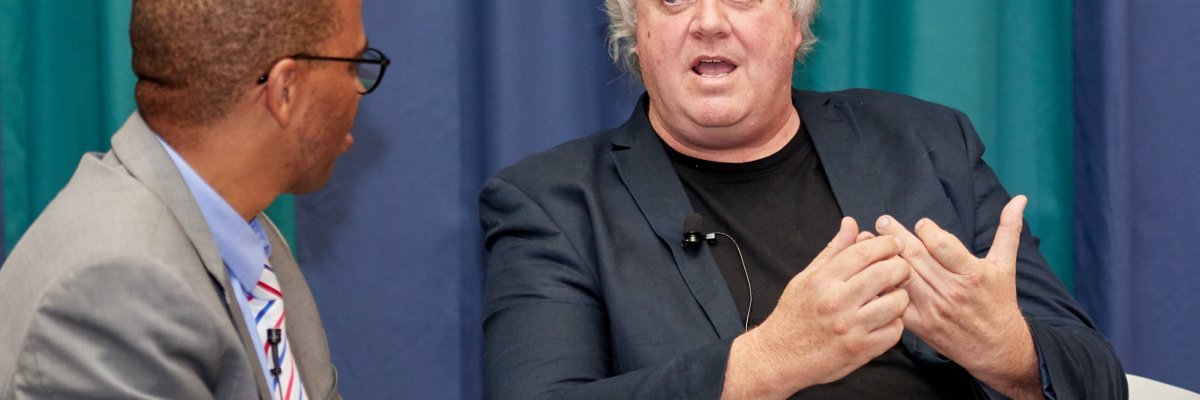
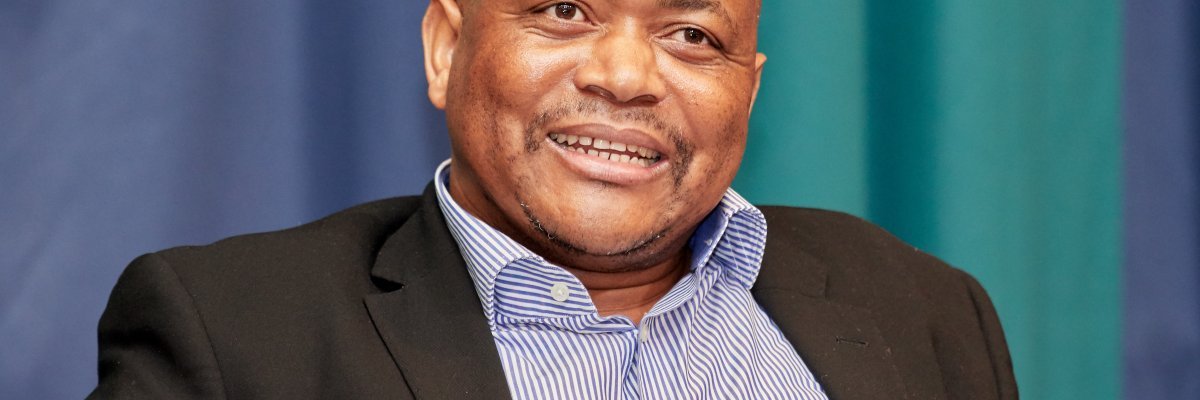
![“If, over 20 years, [you have] actively – and we can no longer deny that it’s active – crippled the basic education system, compromised the higher education system over its funding, you don’t have a critically literate population that can stand aside and … ask questions about what is in my interest.” Angelo Fick, Senior Researcher, eNCA](https://cms.contactmedia.co.za/image/ec1771bec6eb1253ec3fd3c58a8f9f33.1200x400|c.jpeg)
![“The patronage system, when you describe it, is actually a system whereby the political elite effectively constructs a distributive system of national resources through the state to the political party constituents sufficient for those constituents to keep them in power. It’s a political organisation to distribute resources in what we would call a corrupt but systemic way. [Jacques’ book] describes effectively a shadow state which uses the state’s resources in this manner.” Colin Coleman, Head of Investment Banking Division for sub-Saharan Africa, Goldman Sachs](https://cms.contactmedia.co.za/image/66c7908f8481971f7bf43d93e74ef776.1200x400|c.jpeg)
It’s all about behaviour
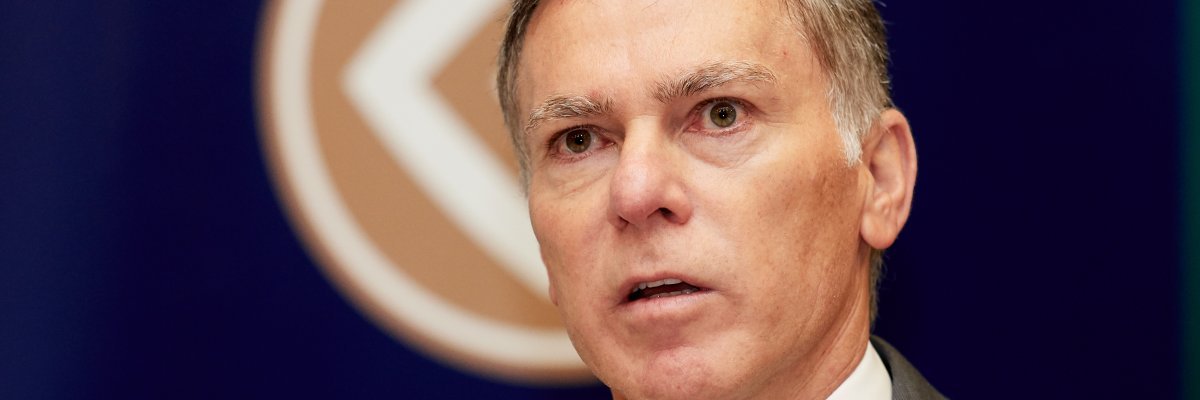
Discovery Group founder and CEO Adrian Gore believes the company can act as a force for good through its core purpose. Speaking at a recent GIBS Forum, Gore explained that Discovery’s shared-value insurance model, which pursues financial success in a way that benefits society, can monetise improvements in social risk, thereby creating a virtuous circle.
The Discovery Group, which was recently ranked 17th out of 50 companies on the Fortune Change the World List, was initially launched as Discovery Health, with a focus on the customer and the use of incentives to make people healthier.
“This was the simple, deep belief of the people who built the company. The statement has created and framed the journey,” said Gore, that “we began with the end in mind.”
Gore said the breakthrough from an actuarial perspective was applying the data gathered from the group’s health operations to the premiums of Discovery Life.
“The traditional life insurance model is broken, as most risk is behavioural,” said Gore, noting that the understanding that most risk is pre-existing has begun to gain traction globally, as 80% of the disease burden is created by behaviours such as unhealthy eating, smoking and drinking.
Equal but different
Equality makes economic sense, says Dr. Judy Dlamini, founder and executive Chairman of Mbekani Group. Speaking at a GIBS Forum, Dlamini stated that “Equality is good for the economy, good for the community and good for our daughters. Having an equal society isn’t simply a favour towards women, and we need to have men alongside us, fighting for equality.”
Alongside her was Dion Shango, CEO of professional services firm PwC southern Africa, who explained that one of the reasons for a lack of gender transformation in South Africa was because gender diversity and advancement had been made a women’s problem.
“Leaving women outside the boardroom is like leaving money on the table. We are only using 50% of our potential. South Africa has enabling legislation, but we can’t rest on our laurels, we have to work harder,” said Shango.
Sigma Capital executive Chairman, Phuti Mahanyele, said that the number of women in senior leadership positions remains “discouragingly low. The only way we can change this is if each and every one of us is willing to change.”
The fourth member of the panel, Professor Stella Nkomo, strategic professor in the Faculty of Economic and Management Sciences at the University of Pretoria said that even though women have a difficult climb to reach the top positions in organisations, they can make it, and can be effective leaders: “Women can be as effective as male leaders. We must just get over that stereotype.”
FT again ranks GIBS as Africa’s pre-eminent MBA
GIBS has once again scooped top honours as Africa’s leading business school in the annual Executive MBA (EMBA) Ranking, conducted by the UK’s Financial Times. It’s the fifth consecutive year that GIBS has taken Africa’s top spot.
The ranking, which is considered a global benchmark of business school excellence, is based on surveys of business schools and MBA graduates. Various assessment criteria are used, some of which include: career progression of the school’s alumni, the school’s idea generation and the diversity of students and faculty.
GIBS Dean, Professor Nicola Kleyn said, “As a business school, we operate in a competitive space. To be featured in these prestigious rankings is both an honour and a privilege and is testament to the hard work that students and faculty put into the qualification. We continue to make every effort to deliver the very best learning experience possible at every touchpoint, providing students with the best opportunity to drive their careers to the next level.”
Dancing and watching at the same time
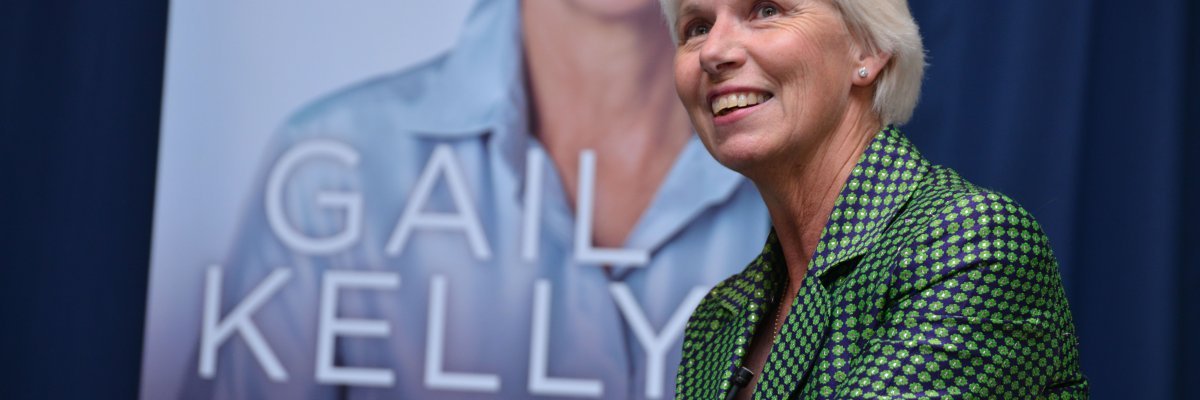
Kelly, who stepped down from the Westpac job in 2015, said she had “looked for successful factors of what made for extraordinary CEOs and I came to the conclusion that one of the elements is working with and through people. The global financial crisis made me think that you needed to go deeper than that and I looked at some of the examples that we had had of leaders, especially in banks, but also in other industries, other sectors, and found that this macho, aloof, arrogant, I-know-I’m-right, non-listening style was prevalent. That contributed significantly, I think, to the issues that those banks faced.
“So I started to really think about what’s the right style of leadership. I came to the conclusion - and these are my own words - I talk about generous spirited leadership. We need leaders who are generous spirited in their approach to things.
What do I mean by that? It starts with a fundamental belief in the power of each individual to make a difference, a fundamental belief in the dignity of each and every human being, the drive and desire to create an environment where that individual can flourish and grow. My job as a leader is to create an environment where people can flourish and that’s because I believe in their inherent dignity and I would treat them with respect every single time.
“This is a powerful thing. We all know other leaders that don’t do that: leaders that are selfish, quick to judge, Machiavellian, watch other people fail, that are always right, that don’t listen, but this style of leadership requires you to walk in others’ shoes, it requires you to listen, it requires you to be super self-aware, to be able to be on the dance-floor, dancing, while being on the balcony, watching myself dance, to be self-aware of my impact on others and how am I helping that individual, that situation be better, perform or flourish. It requires being in the moment, it requires an inclusiveness, building an inclusiveness and a respect for that.
“People think this is a soft style. I promise you this is the hardest style of all! Because if you are going to do this style of leadership, you are not going to allow HR people to do the tough stuff. You are going to walk the floor and walk the talk with these individuals. Individuals that are struggling, you’ll let them know and support them early and ask them to give you feedback on how you can be better, how you can support them better and how you can do your job better.”
Kelly was launching her new book, Live Lead Learn: My Stories of Life and Leadership, which is published by Penguin at R225.


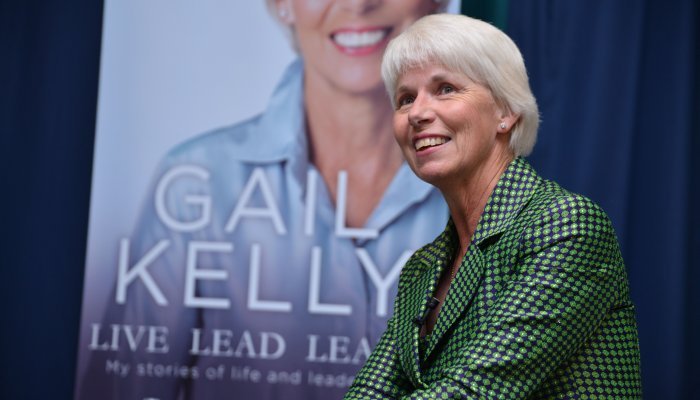
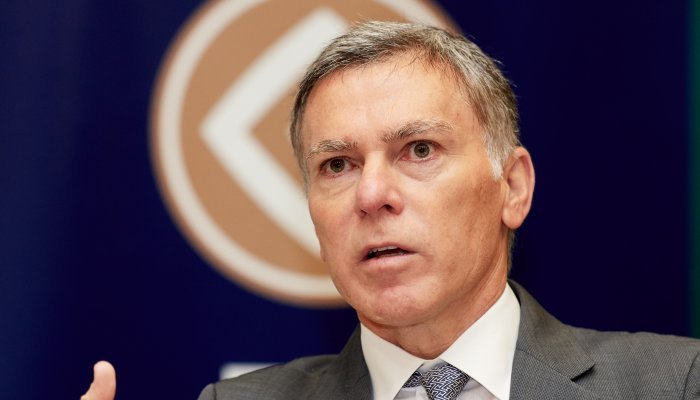
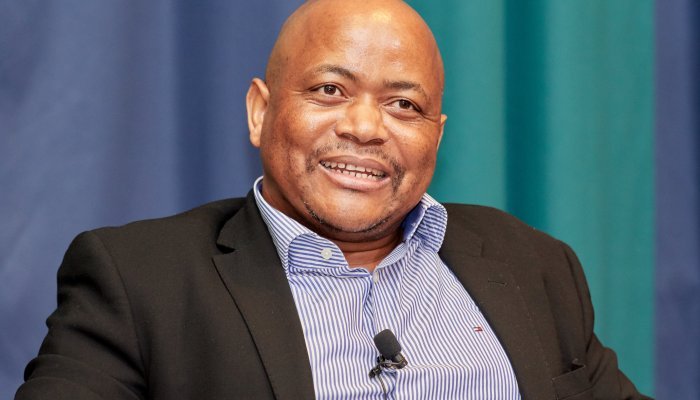
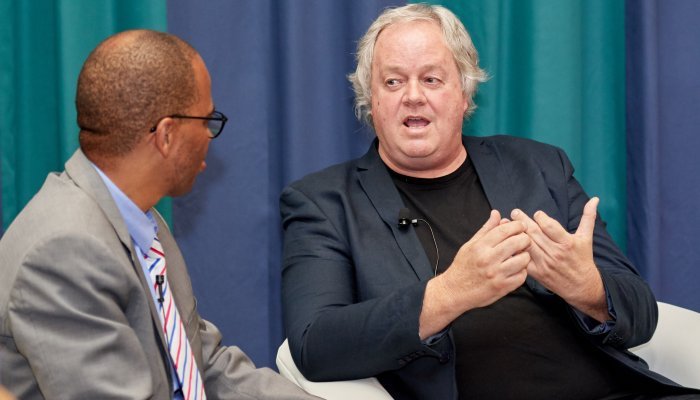
![“The patronage system, when you describe it, is actually a system whereby the political elite effectively constructs a distributive system of national resources through the state to the political party constituents sufficient for those constituents to keep them in power. It’s a political organisation to distribute resources in what we would call a corrupt but systemic way. [Jacques’ book] describes effectively a shadow state which uses the state’s resources in this manner.” Colin Coleman, Head of Investment Banking Division for sub-Saharan Africa, Goldman Sachs](https://cms.contactmedia.co.za/image/66c7908f8481971f7bf43d93e74ef776.700x400|c.jpeg)
![“If, over 20 years, [you have] actively – and we can no longer deny that it’s active – crippled the basic education system, compromised the higher education system over its funding, you don’t have a critically literate population that can stand aside and … ask questions about what is in my interest.” Angelo Fick, Senior Researcher, eNCA](https://cms.contactmedia.co.za/image/ec1771bec6eb1253ec3fd3c58a8f9f33.700x400|c.jpeg)


